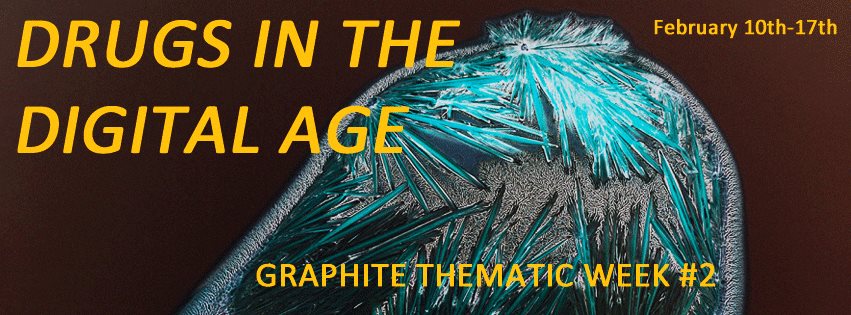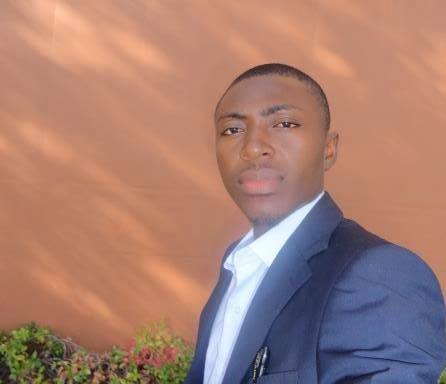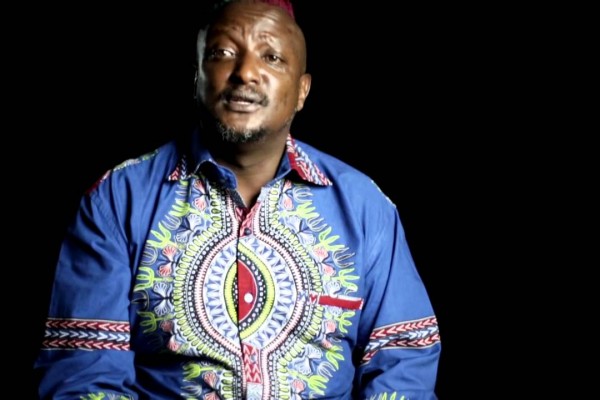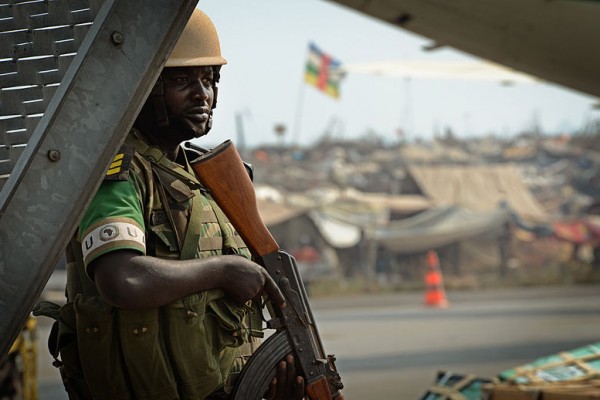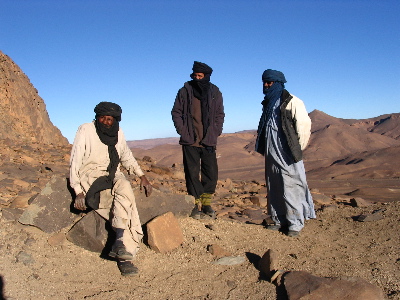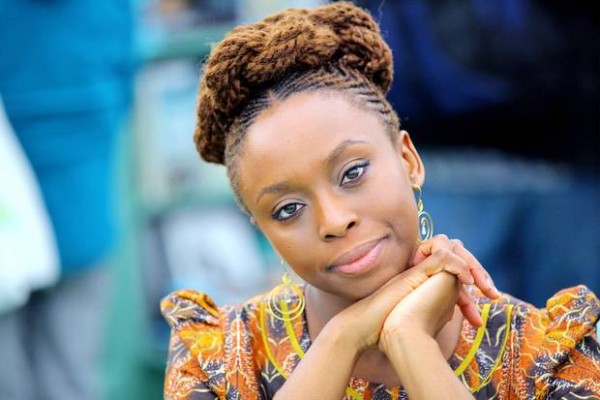Liberia was created by freed slaves, with the help of the American Colonization Society in 1821. The Liberian capital ‘Monrovia’ pays homage to the American President James Monroe, who was instrumental in supporting the endeavour to colonize Liberia.
Although Liberia does not fit the paradigm of ‘European Colonization’, Liberians also dealt with problems of privilege and subordination as American-Liberians considered themselves superior and, under that premise, derived legitimacy to rule over the local population.
These problems, always on the surface of many political disputes, were exposed to the world in the First Liberian Civil War. This conflict was waged from 1990 to 1996 and caused 200,000 casualties while also requiring ECOWAS and UN intervention. Charles Taylor, who started the rebellion which overthrew Samuel Doe, came to power in 1996, and is known for his critical role in fuelling the demand and supply of blood diamonds, which deepened and prolonged the Civil war in Sierra Leone.
The women’s movement of Liberia, led by 2011 Nobel laureate Leymah Gbowee, is one of the most tremendous displays of non-violent civil disobedience in human history, ending almost two decades of war. This finally revived hope for progress under the rule of the first woman to be elected head of state in Africa, Ellen Sirleaf. The documentary ‘Pray The Devil Back To Hell‘ shows Gbowee’s struggle for peace and is definitely worth watching. Since Sirleaf’s re-election in 2011, some progress has been made, but only through a critical and active civil society can her government move forward .
I met Mr. Emmanuel Flomo (25), one of the leaders in Liberia’s student movement, at a conference titled ‘Sustainable Development in Africa’ in Salem, MA. It was Mr. Flomo’s first visit to the United States, and given his insight and passion about Liberia, I thought it would be essential to go beyond the abstractness of usual reports on Liberia, by giving someone who is actively participating in the reform of his society a platform of expression. His views, as a representative of the students of Liberia, are especially salient considering that Liberia is facing a youth bulge, with 70 per cent of the population being under age of 30 and 44 per cent being under the age of 14. Given these demographics, the National Student Union of Liberia holds significant political power, requiring President Sirleaf to coordinate some of her policies with leaders such as Mr. Flomo on the basis of weekly meetings.
Emmanuel Flomo in a meeting with Liberian President Sirleaf.
GRAPHITE: Could you firstly tell us a little about yourself, and your role in the Liberian Student Union?
I am Emmanuel N. B. Flomo from the Kpelleh tribe of Liberia, presently perusing my Graduate degree in Finance at the Cuttington University Graduate School in Congo Town, Monrovia City, Liberia.
I am a youth activist; I served as Vice President for the Cuttington University Student Union (CUSU) while pursuing my undergraduate degre where I led a campaign to change the student constitution, because it was banning the commuting students from contesting the Presidency of the student union.
I was appointed as an Analyst for the Education & Scholarship Bureau for the Liberia National Student Union (LINSU) in 2011 and was recently promoted to the position of Policy Director.
I am a member of President Sirleaf’s Young Professional program (PYPP). This program was organized to train young college graduates at various government institutions through mentorship to become the next generations of leaders in Liberia.
Could you describe Liberia’s unique role within Africa?
Liberia had the potential to be a role model for some countries but the recent tumultuous years have left Liberia in an significantly underdeveloped situation. Other African nations should not follow the mistakes Liberia made.
What is your opinion on Samuel Doe, who de facto ruled the country from 1980 to 1990?
Samuel Doe was one of the greatest Presidents in Liberia; he started by constructing government’s own buildings and creating opportunities for Liberia. His policies were all good in theory, but some people felt that they were not equally treated. This led to a serious military rule and to his fall as President.
After the rule of Charles Taylor, what was the national sentiment following years of civil war?
Liberians are tired of war; we appreciate Leymah Gbowee and her associates, President Sirleaf, Amb. George Weah, Liberian citizens and other political actors in Liberia for the peace we have today. However, the peace we enjoy today is not a single man contribution. It is a collective effort from the citizens and the political actors. We are invested in rebuilding our broken pieces as a nation and as young people. There is much more work to do to impact the lives of citizens. One thing the Liberian Government should be aware of is that there is still a lot of vulnerability in society. While the war in Liberia was partially due to some lack in material and development such as lack of pipe boiled water, roads, foods and etc; the main reason for war was that some people felt marginalized because of systemic violence and discrimination and and they felt the best way they could be part of the system was to bring war.
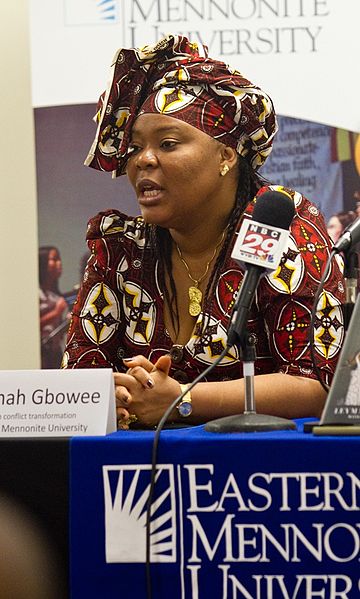
2011 Nobel Peace Prize winner Leymah Gbowee.
What are some of the reasons Leymah Gbowee has withdrawn the support from President Ellen Johnson Sirleaf, and could you elaborate on your views on their personality?
Nobel Laureate Leymah Gbowee resigned from the peace position because of corruption and nepotism, she claims that Madam President is not doing much to fight corruption and she is keeping her children in key government positions.
In my own view, she has the right to resign as a person; yes, the President has her children in government posts, corruption is commonplace in Liberia, and here is still much to be done for the fighting of corruption. The son of the President (Robert Sirleaf) has just resigned as Chairman of the Board of the National Oil Company of Liberia. I believe that increased criticism and accountability as in his case, is helping in the rebuilding process of our country. They are like watch dogs, these cries, and help to shift decision in the position direction for the citizens.
What are the most pressing issues for students in Liberia, and young people in general?
The students in Liberia are finding it difficult to access education, they are struggling and facing serious hitches for education. There few good learning facilities, students still sit on mud bricks in the villages and even in some cities in Liberia.
Most young people of Liberia are unemployed. They don’t find jobs, despite some being very qualified . Job creation in Liberia is a serious issue, young people who are trying to make a life for themselves end up at the Rock Hill selling crack for survival, or riding motor bikes (G….) in order to make a living. Some women end up engaging in prostitution for survival because of poverty.
A a bad learning environment, some walk an hour or two for school, and some do not have money to educate themselves. No research centres at school, especially public ones. Some are faced with sexual harassment in school, especially the female students.
What has the government done/ what has the government not done to provide employment to the youth?
Politically, the Government may claim that they have done some work to reduce unemployment, considering that there are more young people in Government. The Government has not been able to find or create opportunities for young people to have access to jobs, there is over $16 billion in foreign direct investments in Liberia but they seem not to create jobs for the citizens.
How do you think the growing strength and importance of ECOWAS (Economic Community of West African States) will change the Liberian economy and help it export?
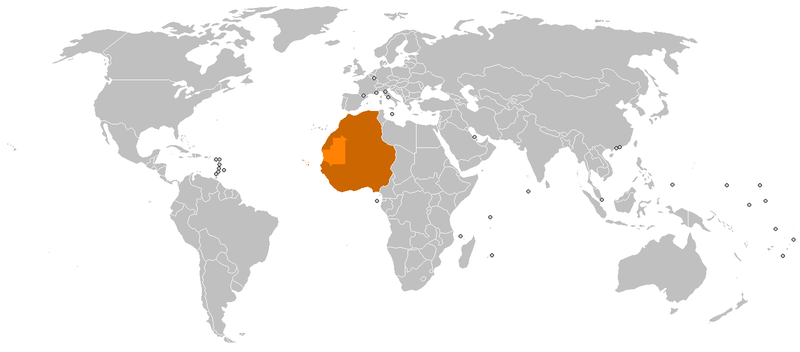
Benin, Burkina Faso, Cape Verde, Gambia, Ghana, Guinea, Guinea-Bissau, Ivory Coast, Liberia, Mali, Niger, Nigeria, Senegal, Sierra Leone, and Togo are members of ECOWAS.
The growing strength is seriously important to the development of Liberia. ECOWAS nations will have an easier time in working to accomplish a common goal and to improve easy trade and development among them. For example, we now have a common identity in the ECOWAS community which is our passport, we move to any ECOWAS state without a visa or laisse passé. In the not too distance future; ECOWAS nations will have a single currency which will enhance economic development. In addition, Ghana has been able to send energy to Liberia through Ivory Coast; the electricity is now at the border of Liberia.
What are your thoughts on the International Criminal Court and international justice in general?
The International Criminal Court is biased. The ICC was setup to hunt African leaders as we now see what is going in Africa. I wonder why seemingly only Africans are be indicted by the ICC, if we speak of justice for all, we as people will need to be committed to what is written in law, the ICC should not do selective justice, there should be justice for all.
Thank you Mr. Flomo, best of luck to you and the Liberian Student Union for trying to hold the government accountable and standing for progress!

